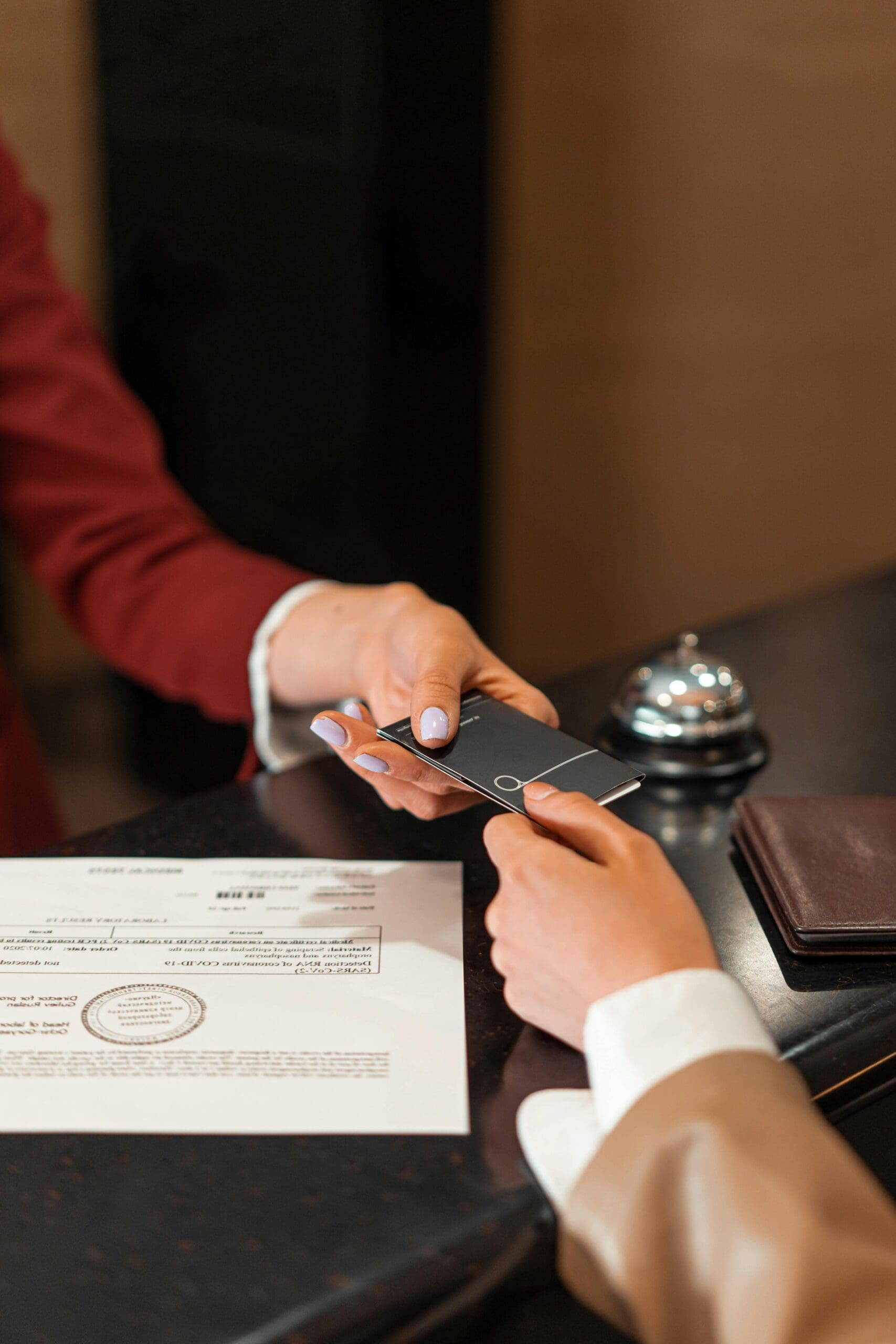Hotels today rely on technology to keep operations running smoothly. But tech isn’t always seamless. Common challenges arise, and solving them can make a huge difference in guest satisfaction and efficiency.
From outdated software to unreliable Wi-Fi, hotels must adapt to meet modern expectations. These issues aren’t just inconvenient; they impact profits too.
What hurdles do hotels face? What solutions exist? This article explores key challenges with actionable tips for overcoming them. Let’s uncover the fixes for smoother stays.
1. Unreliable Wi-Fi Connectivity Hurts Guest Experience
Guests expect fast, reliable internet as one of the elements that make a great hotel room. Slow speeds or frequent disconnections frustrate travelers who depend on Wi-Fi for work, entertainment, and staying connected. Poor network performance often leads to negative reviews that damage the hotel’s reputation.
Outdated infrastructure, limited bandwidth allocation, or overloaded systems typically cause these problems. Fixing them requires upgrading equipment and working with service providers offering scalable solutions.
Modern routers and mesh networks improve coverage across all areas. Regular monitoring ensures optimal speed during peak times without compromising guest satisfaction or convenience.
2. Challenges with Outdated Booking Systems
Outdated booking systems often cause overbookings, missed updates, and sluggish check-ins. These errors disrupt workflows and frustrate guests who expect smooth service from the moment they arrive.
Modern property management systems for hotels eliminate these problems by centralizing reservations, automating repetitive tasks, and syncing data in real-time. Cloud-based PMS solutions also integrate seamlessly with other tools like channel managers and payment platforms.
Switching to an advanced system reduces manual workloads while boosting accuracy across operations. Hotels can respond quickly to changes, deliver faster service at reception desks, and create a more organized experience that meets guest expectations every time.
3. Inefficient Energy Management Technology in Hotels
High energy usage is a significant cost for hotels, but inefficient systems lead to unnecessary waste. Rooms left lit when unoccupied, inconsistent temperature controls, and outdated appliances drive up expenses while harming sustainability goals.
Smart energy management solutions address these issues effectively. Tools like occupancy-based lighting, advanced HVAC control systems, and water-saving technologies optimize resource use without compromising guest comfort.
By implementing modern systems, hotels cut operational costs and reduce their carbon footprint. These upgrades not only improve efficiency but also appeal to eco-conscious guests who prefer staying at properties committed to sustainable practices – a win for both the budget and brand reputation.
4. Data Security Risks and Cyber Threats in Hospitality
Hotels handle sensitive guest information daily, from credit card details to personal identification data. Without proper protections, this makes them a prime target for cyberattacks and data breaches.
Common vulnerabilities include unsecured networks, outdated software, and poor staff training on recognizing threats like phishing scams. These issues can lead to serious financial losses and damage trust with guests.
Implementing robust cybersecurity measures is essential. Regularly updating systems, encrypting data transmissions, and using secure Wi-Fi networks are key steps. Training staff on safe practices adds another layer of defense, ensuring guest information stays protected while the hotel safeguards its reputation effectively.
5. Integrating New Tools Without Disrupting Operations
Adding new technology to hotel operations often feels like solving a puzzle with mismatched pieces. Compatibility issues, staff confusion, and downtime during transitions can cause more harm than good if handled poorly.
Careful planning makes the process smoother. Selecting systems that integrate seamlessly with existing tools is critical. For example, many property management systems for hotels now support integration with mobile check-in apps or housekeeping software.
Phased rollouts and thorough staff training minimize disruptions while ensuring everyone understands the updates. By adopting an incremental approach, hotels enhance efficiency without sacrificing daily operations or the guest experience during upgrades.
Closing the Gap Between Hotel Tech and Guest Expectations
Today’s traveler seeks swift, effortless experiences enabled by the latest in tech. Yet, lingering old-fashioned systems or subpar tools can hinder the delivery of such services.
Tackling prevalent technological hurdles – be it spotty Wi-Fi, clunky property management, or cyber threats – is crucial for hotels to satisfy the ever-changing demands of their guests.
Adopting more intelligent solutions improves day-to-day operations and secures each visit as a standout experience, paving the way for loyalty amidst fierce competition.

Be the first to comment